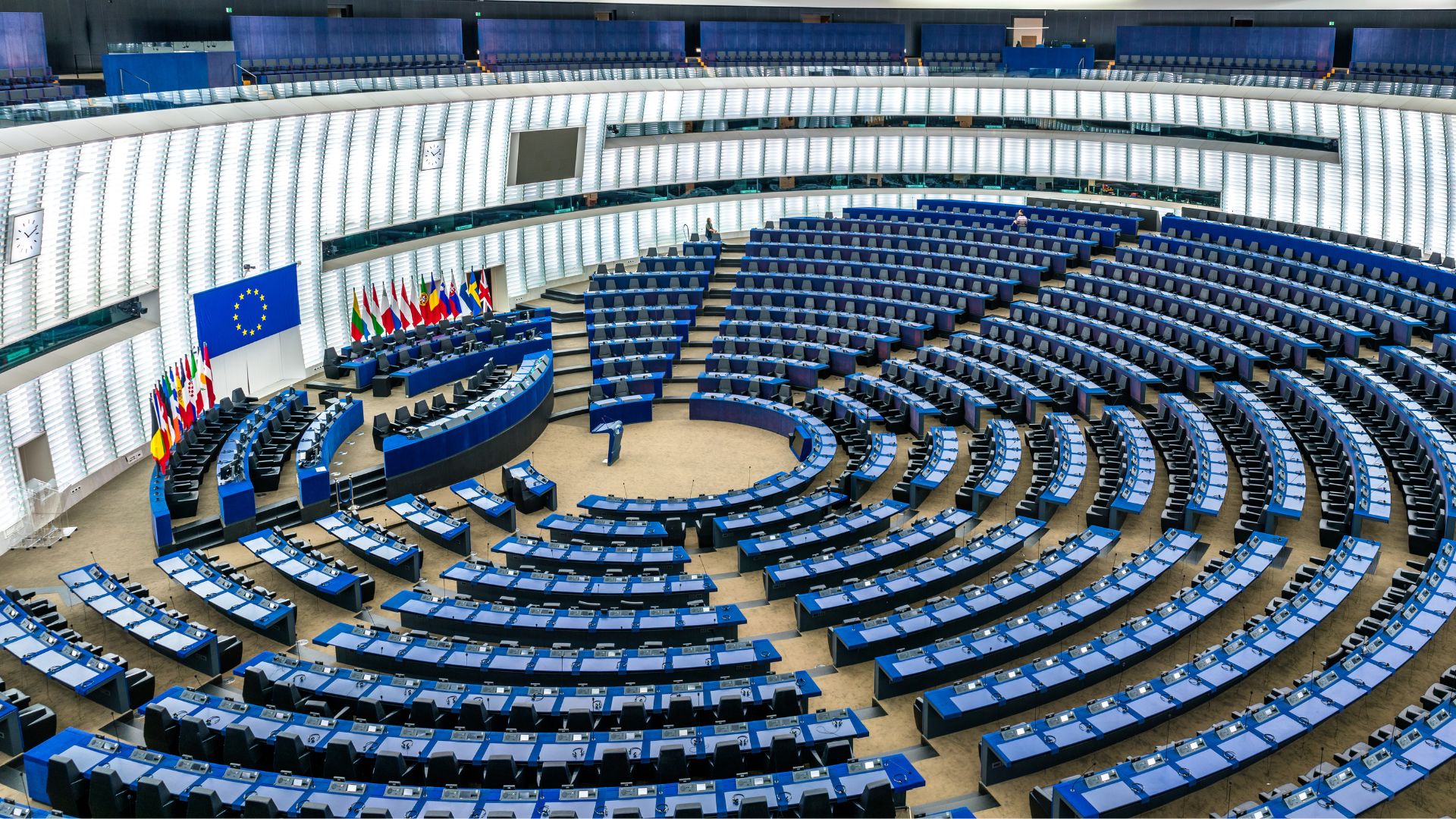Although we have seen a rise in far-right and non-aligned political parties at the cost of seats from the Green and Renew Europe parties, the recent European Parliament elections concluded with the mainstream parties holding their overall majority. The European People’s Party (EPP) continues to lead, followed by the Socialists and Democrats (S&D). Notably, over half of the MEPs are new and from political parties that do not govern at their national level, emphasising the need for strategic engagement with these legislators to influence tech policy in the next EU mandate.
These elections reflect a political climate where economic concerns and security take precedence, reducing the focus on new regulatory initiatives in favour of implementing existing frameworks. This shift impacts various policy areas beyond Europe, including energy, sustainability, and digital sovereignty.
The EU’s stance on strategic autonomy and its emphasis on cybersecurity and AI development signal broader implications for international trade and technology standards. Additionally, the move towards market-led approaches in energy and climate policies highlights a pragmatic stance that could influence global sustainability efforts. The EU’s commitment to digital and green transitions will likely serve as a model, affecting policymaking and industry standards worldwide.
The new European Parliament term will commence in mid-July with leadership and committee appointments. The vote for the next European Commission President is slated for September, followed by the announcement of Commissioners and hearings in October-November. The European Parliament will likely vote on the College of Commissioners in December, with the new Commission’s agenda expected in early 2025. This timeline underlines the importance of immediate engagement to influence policy directions and leverage opportunities arising from the new political landscape.
Access Partnership works closely with policymakers throughout the EU to ensure the smooth deployment of innovative technologies. To navigate and capitalise on these developments, or to gain a better understanding of their implications for global policy and industry, please contact Mark Smitham at [email protected] or Lea Pavlovic at [email protected].


